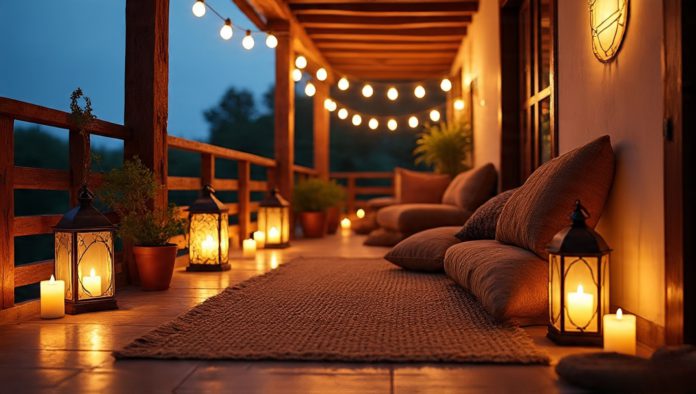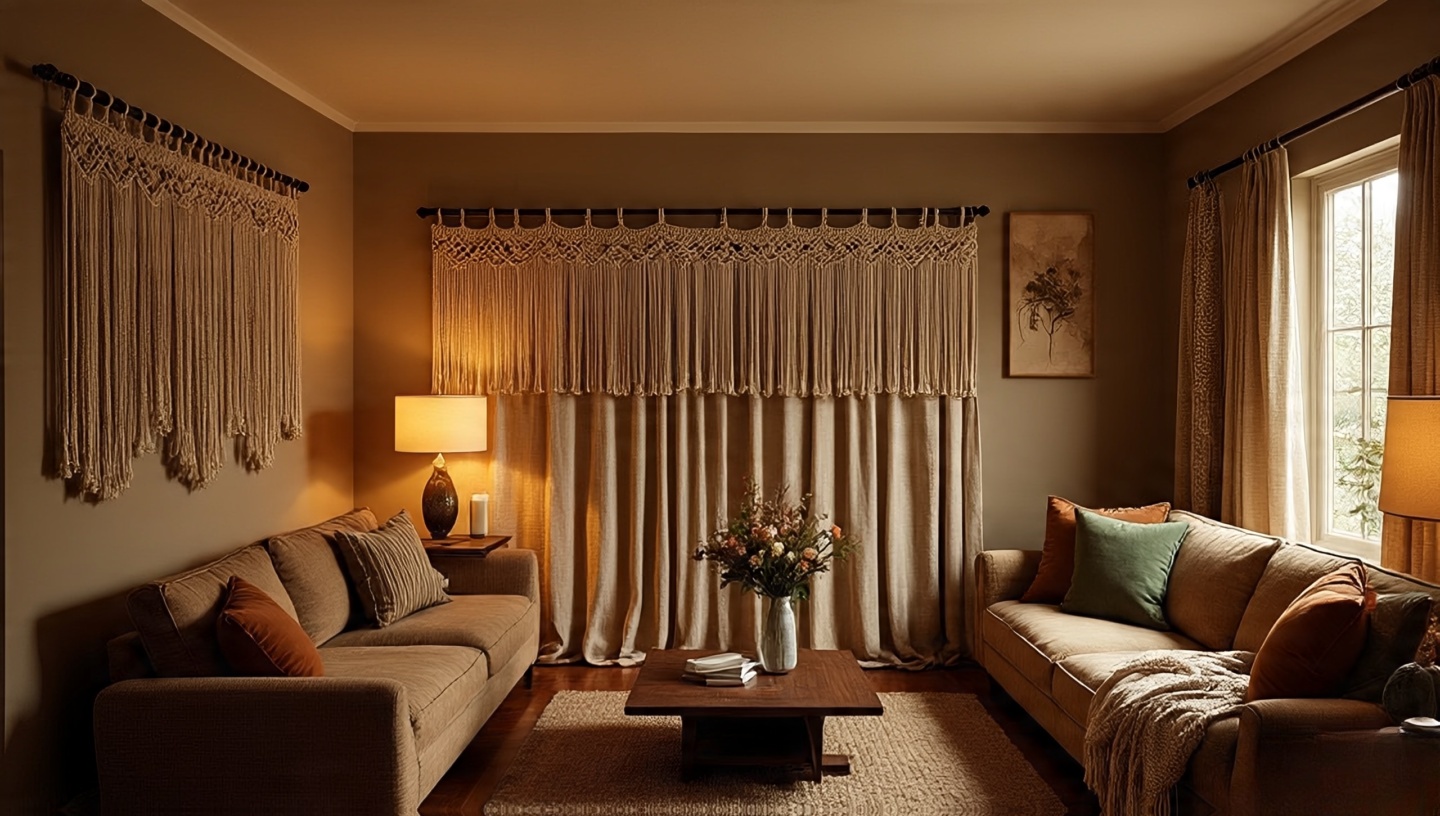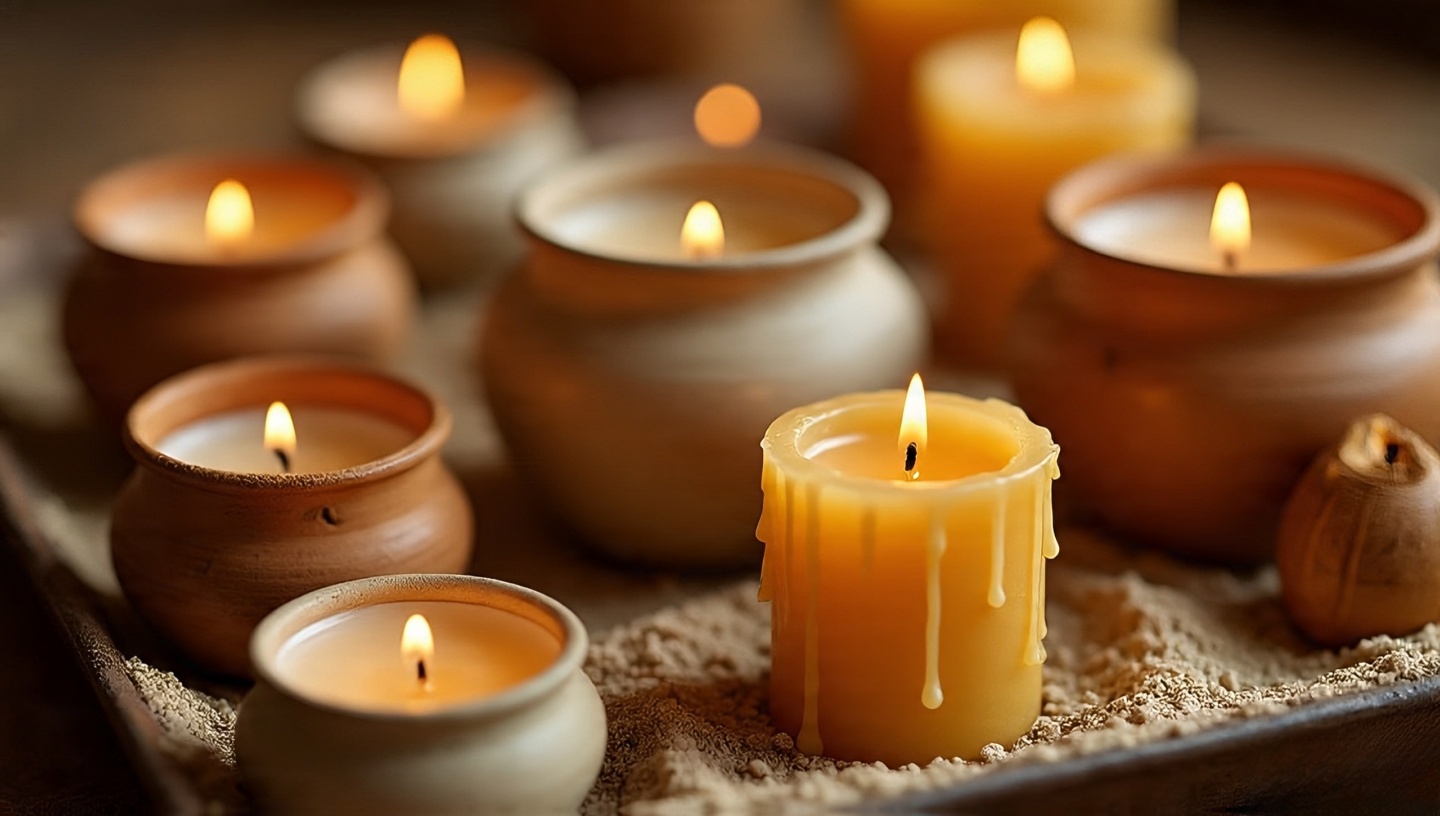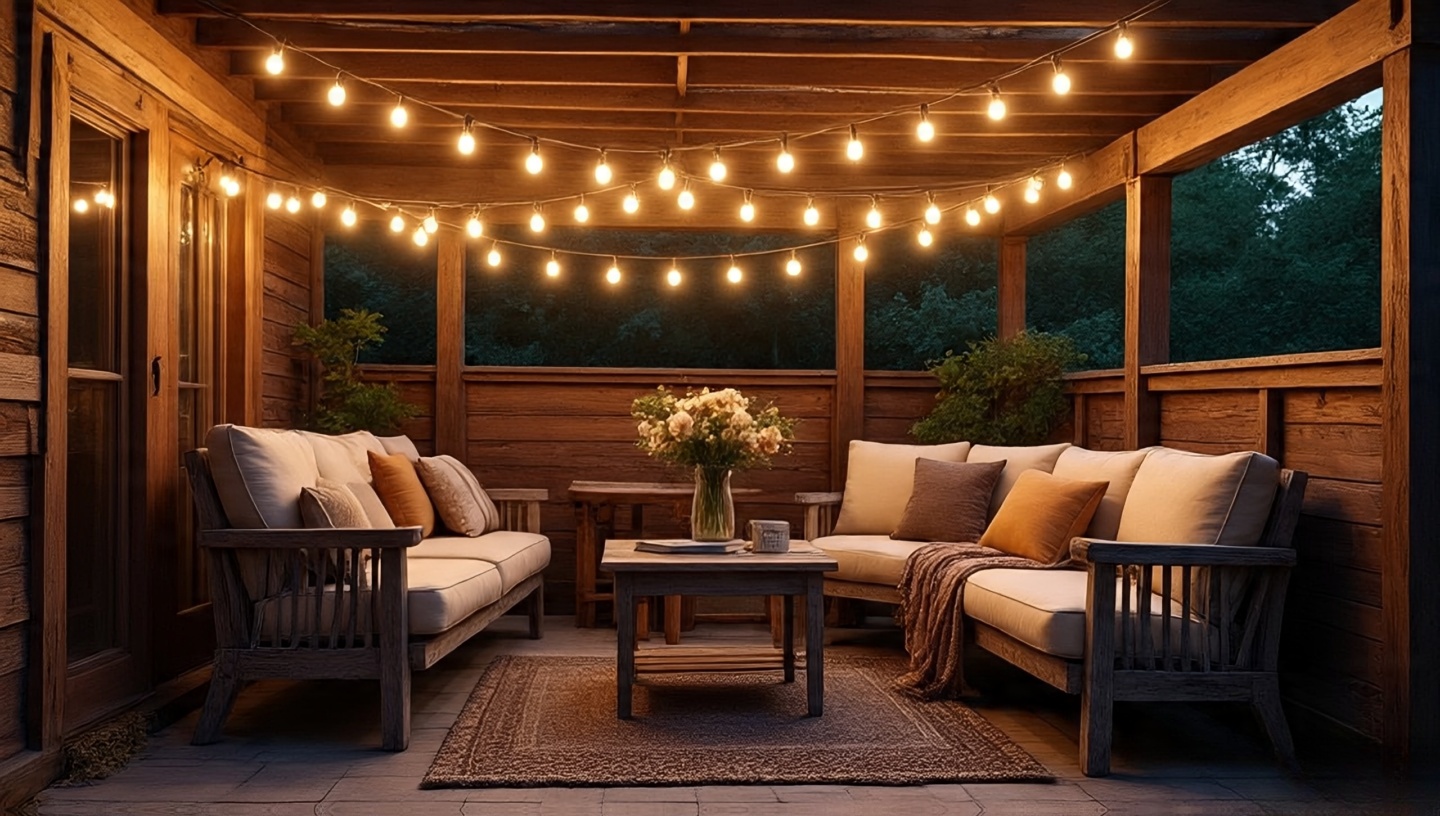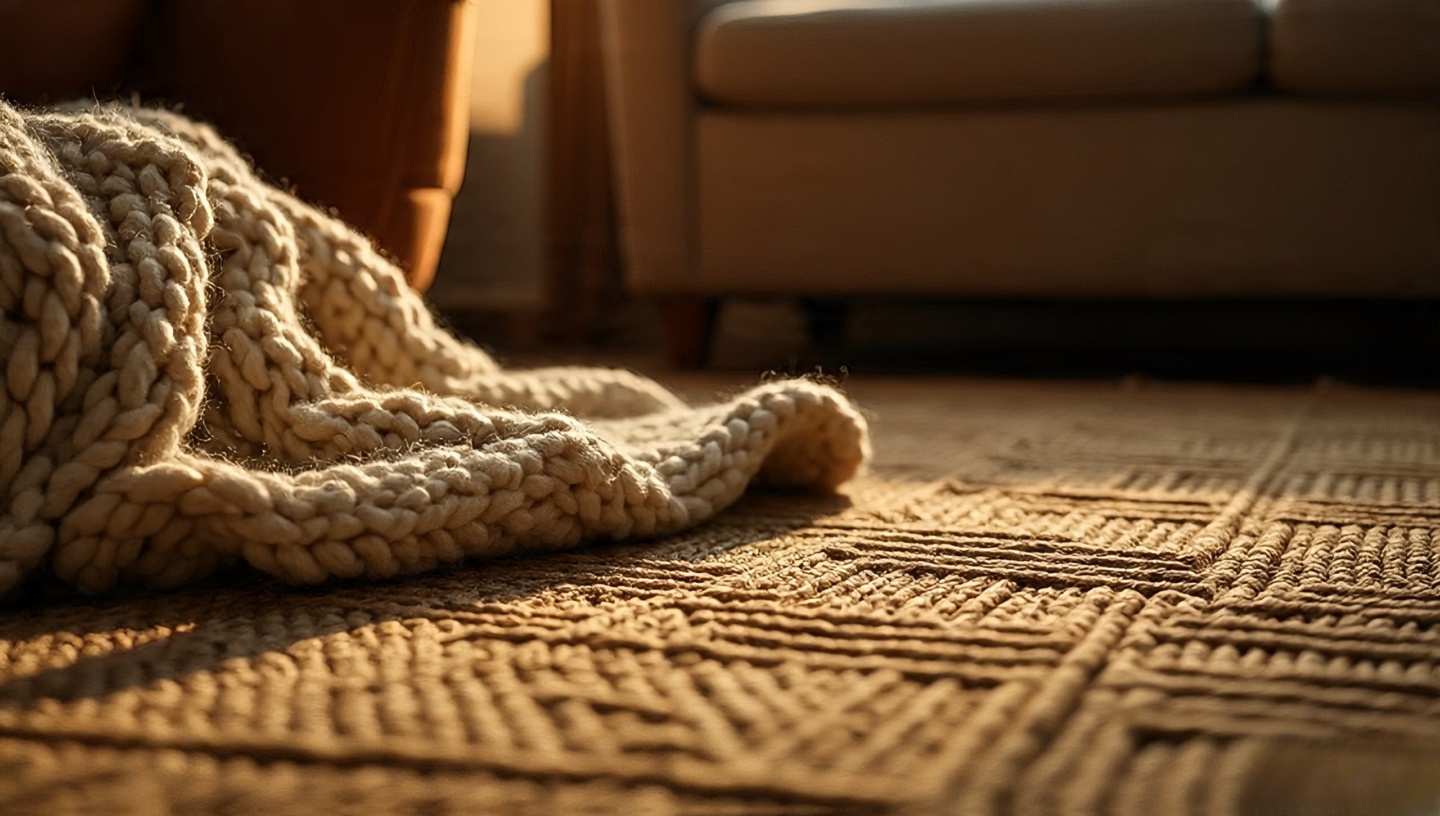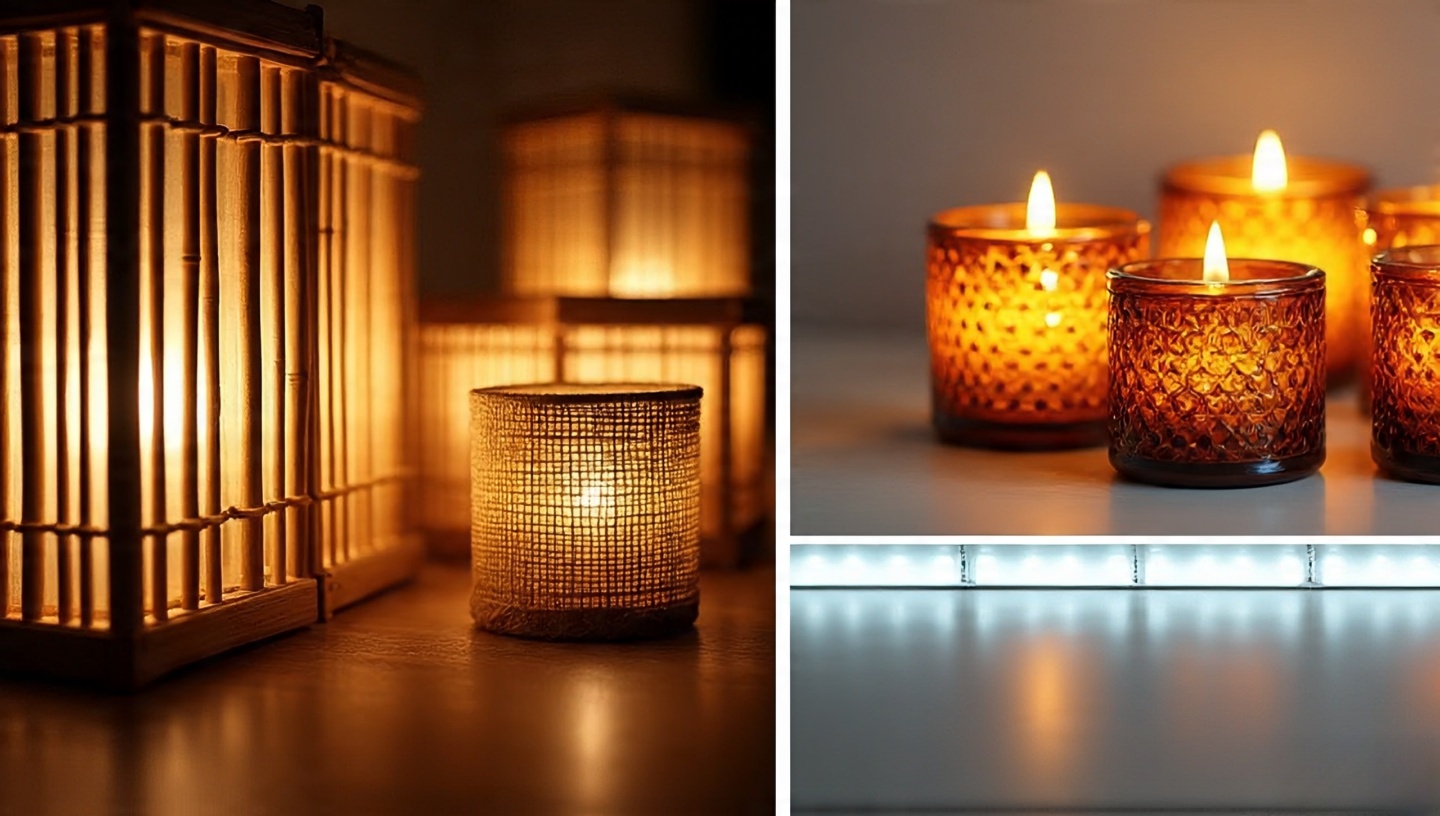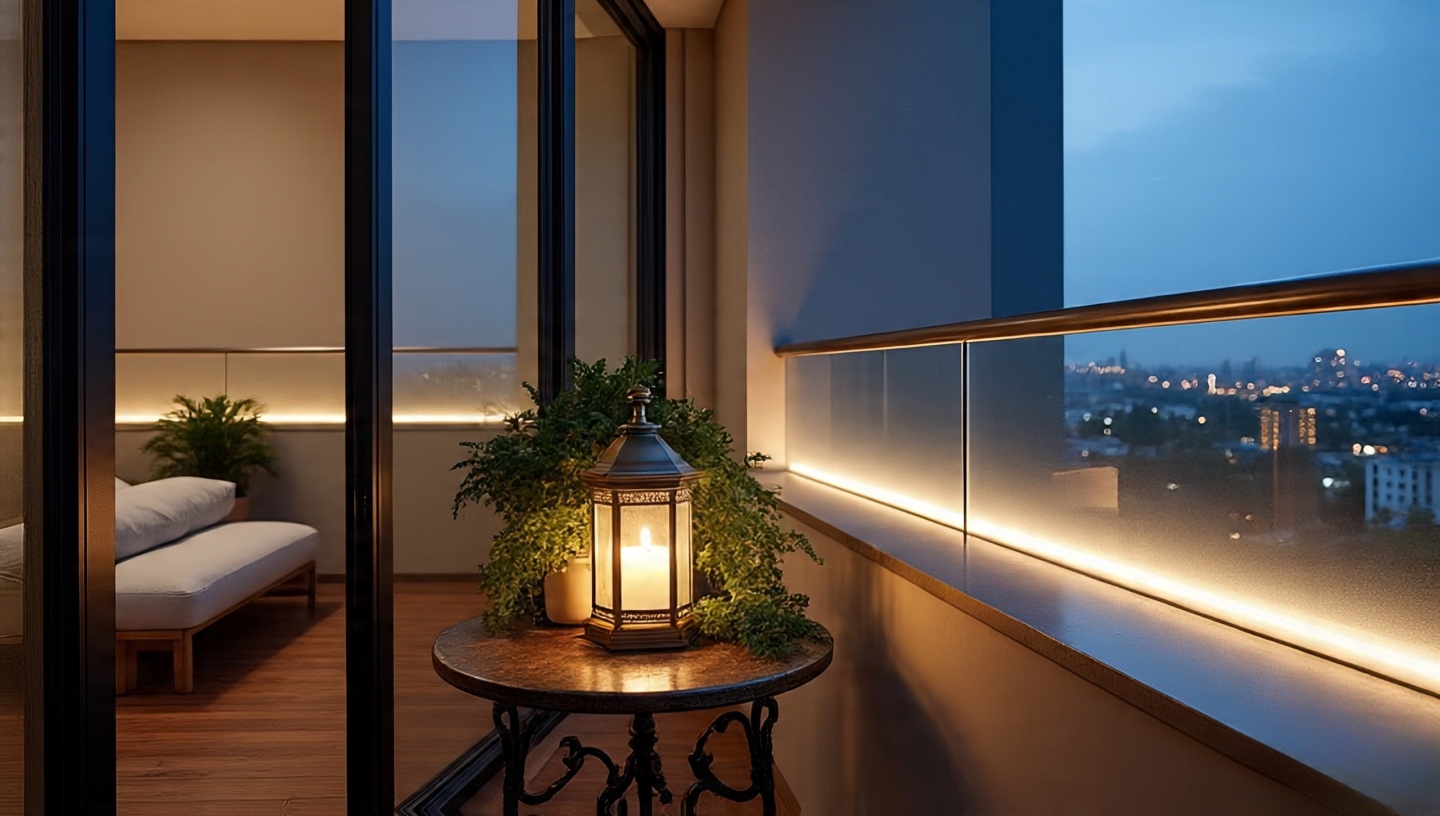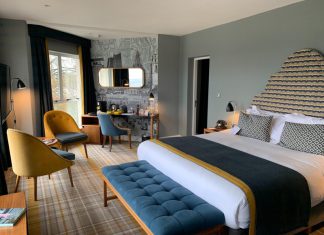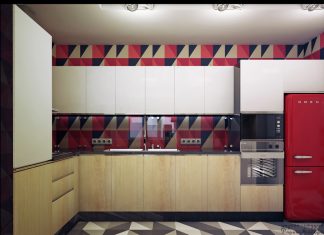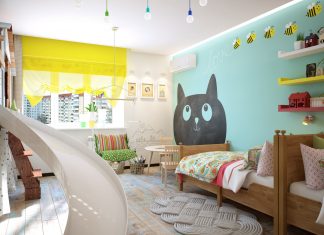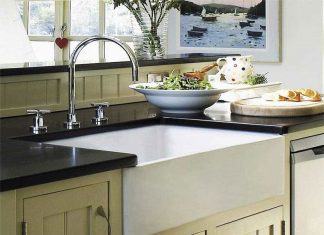Roohome.com – When I first strung mismatched lanterns across my own narrow balcony, I wasn’t thinking about design theory. I just wanted a place to read after sunset. Yet when dusk fell and the lights flickered against terracotta pots, it felt like a quiet festival. That simple moment still shapes how I approach residential lighting today. Boho lighting, when done thoughtfully, turns plain walls and modest budgets into an intimate retreat.
This guide distills 30+ years of architectural practice and a lifetime of small experiments. Whether you’re styling a city apartment, a rental patio, or a weekend cabin, you’ll find professional tips, clear measurements, and real-world fixes to bring the magic of Bohemian glow into your home safely and affordably.
The Boho Philosophy of Light
Bohemian interiors are “collected, not decorated.” Lighting must follow that ethos. Forget a single overhead fixture; think layers of brightness and shadow that change as you move through the space.
Designer’s Notes
- Use at least three layers: ambient, task, and accent. This detailed guide explains how each layer supports the others.
- Aim for a lighting ratio of 3:1 between highlights and background for soft drama.
Candles: The Soul of Boho Warmth
Candles remain the quickest way to add soul. I’ve used beeswax pillars tucked into hand-thrown clay pots and watched wax drip like golden honey an aroma that instantly slows a room’s heartbeat.
Dimensions & Clearances
- Leave at least 300 mm (12 in) clearance above any open flame.
- Cluster groups no larger than a 450 mm (18 in) circle for visual balance and easier airflow.
Common Mistake & Fix
Mistake: Candles too close to lightweight drapes.
Fix: Position at least 600 mm (24 in) from fabric or use glass hurricanes with a vented top.
Lanterns: Traveling Light Stories
I once rescued a dented Moroccan lantern at a flea market; a gentle polish left just enough patina to catch candlelight. Hanging it from a tree branch transformed a plain backyard into a secret garden party.
Materials & Finishes
- Metal: Brass or copper throws a warm, amber hue and ages gracefully.
- Bamboo or Rattan: Lightweight and ideal for humid climates, but seal with a water-based polyurethane to resist mildew.
Installation & Sequencing
- Outdoor hooks should be stainless steel grade 304 or better to prevent rust.
- Space lanterns 900 mm (36 in) apart for balanced illumination along a path or pergola.
String Lights: Instant Magic
Few elements deliver atmosphere per dollar like string lights. In a stark studio apartment, one strand of warm Edison bulbs (2700 K) can transform the mood overnight it feels like camping, but fancier.
Cost & Value
- Commercial-grade LED strands: around $2–3 per linear foot, lasting 25,000+ hours.
- Battery micro-LEDs: cheaper upfront, but plan for frequent battery swaps if used nightly.
Common Mistake & Fix
Mistake: Sagging cables under their own weight.
Fix: Use stainless steel guide wire every 1.8 m (6 ft) to prevent droop and protect electrical connections.
Textures That Amplify the Glow
Light adores texture. Rough plaster, woven rugs, and macramé wall hangings catch shadows that smooth drywall never will. When I added a jute rug and chunky knit throws, the light suddenly felt thicker, almost tangible. For deeper design context, explore this article on atmosphere and patina.
Designer’s Notes
Pair matte walls (flat or eggshell finish) with high-gloss accents to bounce light selectively an old theatrical trick for depth.
Budget Lessons Learned the Hard Way
- Shop Off-Season: Post-holiday sales can cut string-light prices by 50 % or more.
- Repurpose Glass Bottles: Drop micro-LEDs into empty wine bottles for instant table lamps.
- DIY Lanterns: Punch patterns into old tin cans; a single tea light will cast starry shadows.
Cost Matrix
| Item | DIY Cost | Retail Cost |
|---|---|---|
| Tin-can lantern | $2–3 | $20+ |
| Wine-bottle lamp | $5 | $25 |
Safety and Practicality
Atmosphere matters, but so does code compliance. Check local fire ordinances for balcony candles and confirm outdoor string lights carry a UL Wet Location rating. Indoors, combine real candles with LED flameless ones for late-night ambience without risk.
Dimensions & Clearances
Maintain a minimum 1 m (39 in) pathway clearance around any open flame for egress safety especially important in multifamily housing.
When Light Becomes a Story
During a storm that cut power across my neighborhood, I lit every lantern I owned. Neighbors drifted in, drawn by the flicker through my windows. We shared tea and quiet laughter while rain drummed the roof. Lighting isn’t just décor; it’s a gathering force.
Mixing Modern and Rustic
Boho doesn’t require abandoning technology. Smart plugs and timers can automate your evening glow. Pair these conveniences with reclaimed wood furniture or clay pots to balance new with old.
Climate & Code Considerations
- In humid tropics, choose marine-grade wiring and corrosion-resistant fittings.
- For cold climates, select cables rated to -40 °C to avoid brittleness.
Little Touches With Big Impact
- Lava Rocks Around Fire Pits: They store and radiate heat longer than plain gravel.
- Mirrors Behind Candles: Double the glow without extra flames.
- Dimmer Switches: Low-cost upgrade (under $30) for perfect evening mood.
Decision Checklist: Your First Boho Glow Plan
- Identify three lighting layers: ambient, task, accent.
- Measure clearances: 300 mm above candles, 1 m egress paths.
- Choose materials rated for your climate (marine-grade, UL Wet, etc.).
- Blend at least two textures jute, brick, macramé for shadow play.
- Set a budget and shop off-season for best value.
Seasonal Lighting Strategies
Lighting that feels perfect in July can look flat in December. Over the years I’ve learned to design for the seasons, so the Boho glow never feels stale.
Summer Breeze
- Use citronella or lemongrass candles to keep mosquitoes at bay while adding a citrusy scent.
- Opt for airy bamboo lanterns and lighter fabrics that sway with warm winds.
Autumn Warmth
- Layer amber glass hurricanes to echo falling leaves.
- Increase candle clusters as evenings grow longer, but keep clearances generous to account for more indoor gatherings.
Winter Glow
- In cold climates, integrate dimmable LED strips along window frames to fight long dark nights.
- Add heavy woven textiles think wool throws to catch and amplify candlelight.
Integrating Plants and Light
Plants and lighting share a quiet relationship. A trailing pothos catching a soft glow feels like living art. But there are rules to keep greenery healthy.
Designer’s Tips
- Keep live plants at least 150 mm (6 in) from open flames to avoid singeing leaves.
- Choose species that enjoy low light snake plant, ZZ plant, or philodendron so they thrive even with gentle evening illumination.
Acoustic Considerations
Light sets mood, but sound completes it. In many Boho spaces I design, I combine soft lighting with materials that enrich acoustics.
- Rugs and macramé absorb echo, making conversation warmer.
- Lantern glass can gently resonate when breezes pass; a subtle, pleasing chime effect if positioned carefully.
Color Temperature Science
Understanding Kelvin ratings helps you stay consistent. A candle glows around 1,800 K, while most “warm” LED bulbs sit near 2,700 K.
Decision Matrix: Choosing Bulb Temperature
| Kelvin | Effect | Best Use |
|---|---|---|
| 1800–2200 K | True candlelight | Bedrooms, patios |
| 2700–3000 K | Classic warm white | Living rooms, dining |
| 4000 K+ | Cool/neutral | Avoid for Boho too clinical |
Outdoor Weatherproofing
Not every light is meant to brave the elements. I’ve seen many clients disappointed when bargain lights corroded after a single rainy season.
- Look for IP65 or higher for direct rain exposure.
- Use heat-shrink tubing on all exterior connections to block moisture.
- Anchor cables to withstand 40 km/h gusts; stainless eye-hooks every 1.5 m (5 ft) are a reliable standard.
Creating Zones for Conversation
Great Boho lighting guides people naturally. I divide patios or living rooms into three light “zones” so guests drift without crowding.
- Welcome Zone: Lanterns at eye level to draw people in.
- Gather Zone: String lights overhead for dining or music.
- Quiet Zone: Soft candle clusters for one-on-one chats.
Case Study: Tiny Urban Balcony
A recent client had a 1.2 × 3 m apartment balcony. We layered micro-LED strings along the railing, added two wall-mounted copper sconces at 1.6 m height, and suspended a single 300 mm brass lantern from a ceiling hook. The entire project cost under $150 and turned a once-ignored space into their favorite “room.”
Lighting for Small Gatherings
For dinners of six to eight, aim for about 15 lumens per square foot of ambient light. Supplement with candles to avoid harsh overhead glare. This balance lets food and faces shine without feeling like a stage set.
Maintaining Your Boho Glow
Atmospheric lighting requires upkeep. Dust builds on bulbs, wicks need trimming, and outdoor fixtures need seasonal checks.
- Trim candle wicks to 6 mm (¼ in) before each burn to reduce soot.
- Wipe LED bulbs with a soft microfiber cloth every month to maintain brightness.
- Inspect extension cords quarterly for nicks or frays especially outdoors.
Mini-FAQ
Q: Can I use indoor string lights outside?
A: Only if the packaging lists “UL Wet” or “IP65” or higher; otherwise moisture can short the wiring.
Q: How many candles are safe on a small balcony?
A: Limit to what maintains a 1 m egress path and always use weighted, wind-proof holders.
Q: Do LED candles look realistic?
A: High-quality models with flicker chips and warm 2200–2400 K color can fool most guests.
Closing Thoughts
Lighting is never just about visibility. It’s about feeling the shimmer of lanterns on a quiet night, the soft hum of string lights when friends gather, the faint scent of melted wax. Start with one idea tonight: maybe the DIY tin-can lantern or a single strand of Edison bulbs. Notice how your space changes when the lights go low and the stories begin.
